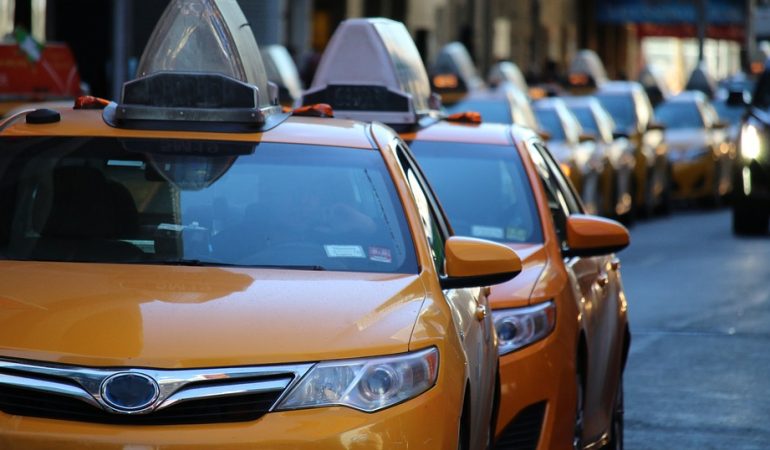Uber and Ridesharing Drivers require Different Insurance
These days, it seems that everybody loves to rideshare – apart from of course the traditional cab businesses. Even if you are the one requesting a ride to destination with the App or you are the driver making extra funds by participating, or the large companies who herald the movement, many persons are taking part and are involved. These companies are seeing what a lucrative business this is and why they want to hire the best employees they can so they can top the list. They try this site as well as others for help with recruitment so they can streamline their operations in an effective manner, especially as rideshares are needed 24/7.
A big challenge in this situation is having commercial insurance for the drivers and their vehicles. Should a driver need to buy his or her own commercial policy? Do personal auto policies apply? Is it the responsibility of the company to provide him or her anything? Will the same rules that affect taxi cabs apply? How will insurance play out in the case of accidents when the aggrieved party gets in touch with Rideshare Accident Lawyers to fight a case for them? All of this requires proper knowledge and understanding by keeping in pace with the recent changes in rideshare regulations.
The current playing field for other ridesharing companies and Uber is undergoing fast changes. The landscape became very popular in a short space of time that it has been difficult for legislations to catch up with the pace. This is a situation that certainly occurs in all new and fast growing industries.
Nevertheless, new laws are being enacted in many diverse locations with others to follow as time goes by. It is imperative to know what is happening and how it impinges on Uber drivers and the need for them to have insurance.
Currently, Uber drivers only have contingent coverage for situations when they are driving on the road to pick up passengers and there are no passengers in the vehicle. This places them in an unsafe situation and many do not understand that this is not included in their personal auto policies, and may annul their policy for it. The contingent coverage for Uber may also not be enforced. Hence, ridesharing drivers require hybrid or gap insurance policies or Ride Sharing Car Insurance to make up for times when they are using the car for personal purposes and when the cars are used for commercial purposes.
The state of California was the first to pass a legislation mandating drivers to get their own commercial insurance policies which will cover their unique need. California also devised a new classification for ridesharing and Uber drivers and companies, and Transportation Network Companies, TNC. Colorado also has its own TNC regulation.
In Florida, regulations have been passed on the local level. A temporary agreement has been reached by Palm Beach Country to allow the continued operation of ridesharing companies and Uber, with an option of a permanent agreement which is likely to have an insurance mandate. Similar negotiations are also taking place across the country from metro area of Washington, D.C to Oregon, Portland etc. What is most important is that you are informed and educated about these happenings. Giving false information to your personal auto insurance firm about what you do, or lying that you do not rideshare, is in most cases illegal and could put you at severe risk if a major accident occur.
Talk to an insurance expert in your area who is informed about upcoming and current regulations which affect your city, state and country. He should be able to intimate you and get you the right type of Uber Insurance for Uber drivers and other ridesharing companies.




